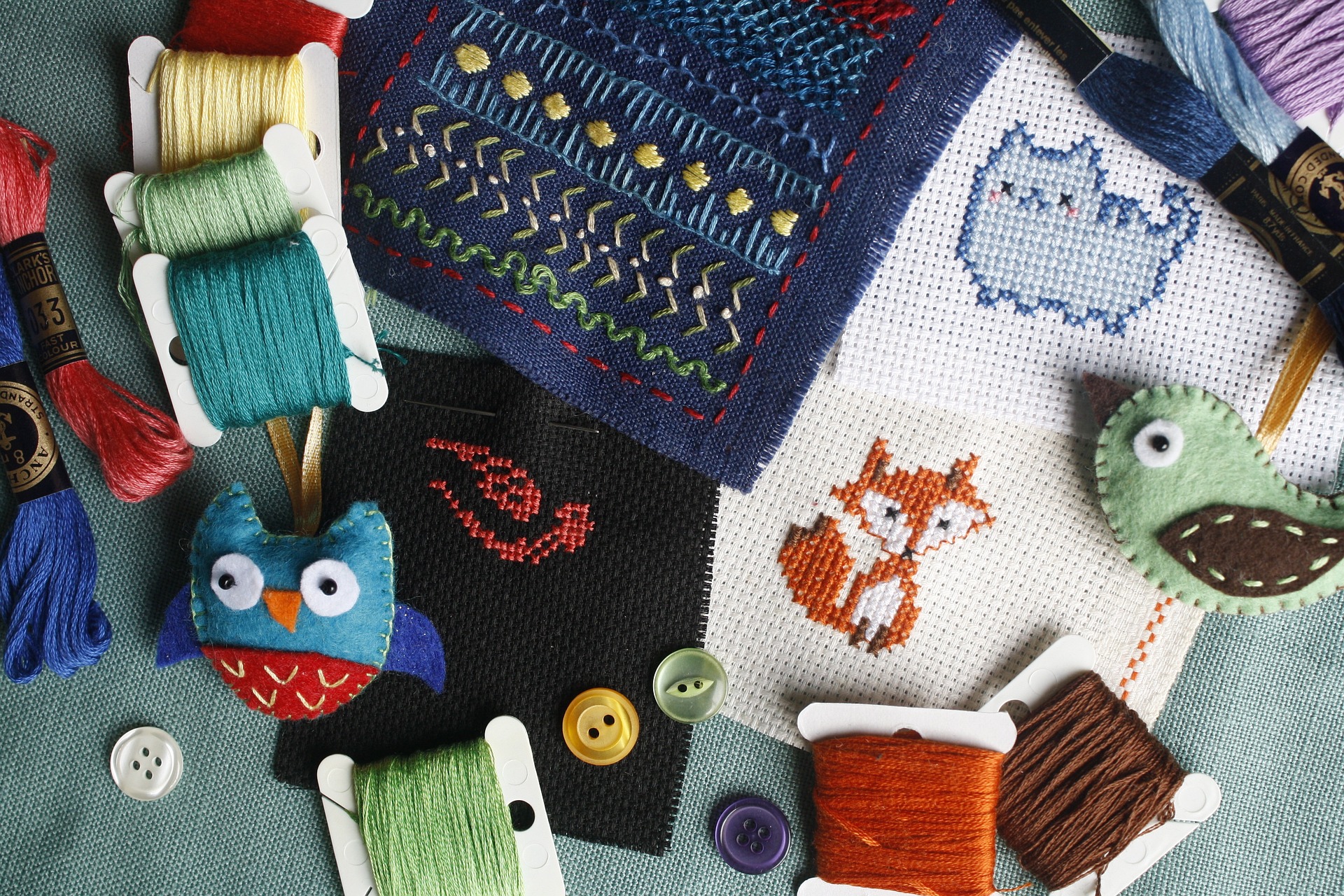The Intricacies of Emotional Labor: Understanding its Role in Contemporary Society
Introduction: Our society is changing rapidly, with new concepts and ideas continually reshaping our understanding of the world and how we interact with each other. One such concept is emotional labor, an underexplored but significant aspect of modern life. Read below to delve into its implications and significance.

The Genesis of Emotional Labor
Emotional labor was first introduced by sociologist Arlie Hochschild in her 1983 book “The Managed Heart.” Hochschild defined emotional labor as the process of managing feelings and expressions to fulfill the emotional requirements of a job. It emerged as a concept to understand the emotional demands that certain careers, such as nursing or customer service, place on individuals.
The Broadening Scope of Emotional Labor
In recent years, the understanding of emotional labor has expanded beyond the workplace. It now encompasses emotional management in personal relationships and social interactions. This expansion has triggered a debate among sociologists and psychologists about the extent of emotional labor and the potential for its misuse.
Emotional Labor in Contemporary Society
In our modern, hyper-connected society, emotional labor has gained new layers. It’s seen in the efforts of individuals to maintain their online personas, manage their social relationships, and navigate complex societal expectations. It’s also become a gender issue, with research indicating that women often bear the brunt of this kind of labor, both in professional and personal contexts.
The Societal Impact of Emotional Labor
The prevalence of emotional labor has significant societal implications. At an individual level, it can lead to emotional exhaustion and burnout. However, it also highlights the emotional skills and resilience of people. From a broader perspective, the discussion around emotional labor is reshaping our understanding of work, relationships, and gender dynamics.
Future Directions for Emotional Labor
As we move forward, it’s crucial to continue exploring emotional labor’s role and impact. Research should aim to develop strategies to distribute emotional labor more evenly across society and reduce its potential for harm. The concept of emotional labor is a powerful lens through which to analyze and understand the complexities of modern life.
Emotional labor is an underexplored, yet significant aspect of contemporary society. It’s reshaping our understanding of work, relationships, and gender dynamics. As we continue to evolve and change, we must not overlook its role, but rather embrace the discussions and changes it brings about.




